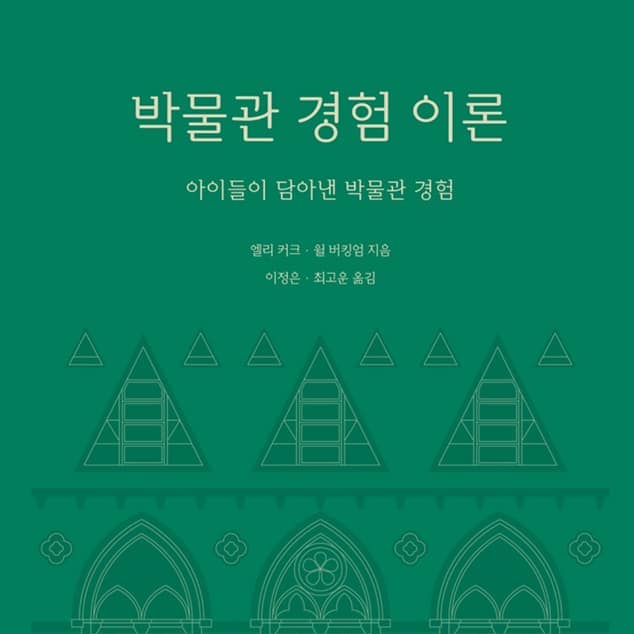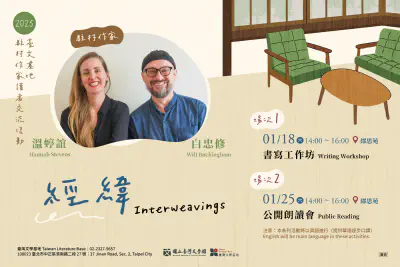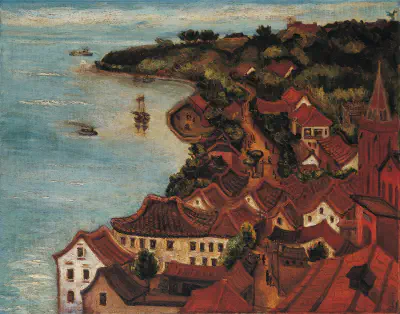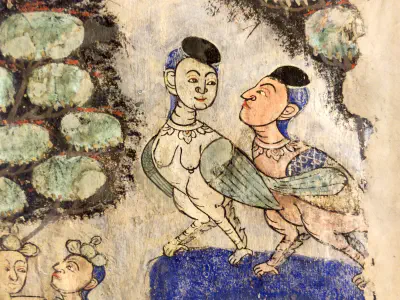The brilliant Dr Elee’s Kirk’s book, Snapshots of Museum Experience, has just been published in Korean. Elee’s book was based on her PhD research into museums, education, children’s experience, and the allure of big, scary teeth. Elee died before she had a chance to complete the book, so I worked on editing Elee’s notes and her outline plan of the book so her research could reach the audience it deserves.
The translation is by the brilliant Dr Lena JE Lee, who has been a tireless champion of Elee’s work. Lena asked me to write a new foreword for the Korean edition. And as this foreword hasn’t been published in English before, I’m going to share it here.
Foreword to the Korean Edition of Snapshots of Museum Experience
All books are collaborations, but this one more than most.
When my long-time partner, collaborator and friend Dr Elee Kirk died in the summer of 2016, she left the manuscript for this book unfinished. A few months before Elee’s death, we had spent an afternoon in our favourite coffee shop, mapping out the structure for what would become Snapshots of Museum Experience. Elee had recently completed her PhD, working with young children in the Oxford University Museum of Natural History. After graduating, she had taken a job at the Institute of Education in London. Then, only a few months later, in the January of 2016, she was diagnosed with terminal cancer.
Elee’s prognosis was two to three years. But by that spring, her health was already declining much faster than anyone anticipated. So, knowing that time was short, we went to the coffee shop, ordered a large pot of sencha tea and some sandwiches, and took out the manuscript. We worked through, making notes, crossing out sections, arguing about the finer points, drawing diagrams, cracking jokes.
We had worked together like this for years, collaborating on our various projects, and we always relished it. And despite the shadow hanging over us, we were having fun. By the time we had drunk the tea down to the dregs, we had a clear plan. We sat back and looked at the plan. ‘There’s a lot to do,’ Elee said, shaking her head. And there was: by that afternoon, I think we both already knew that given the magnitude of the task, Elee would not have a chance to finish the book.
In the few short months of her life that remained, Elee didn’t talk about the book much. And if we talked about the book at all, it was in terms of hopes rather than promises. Elee she never asked for guarantees or for commitments because neither of us knew whether— if it came down to it — I would manage to finish what she had started.
*
It was more than a year after Elee’s death that I gathered the courage to return to her manuscript. I thought it would be painful or difficult, but on returning to Elee’s work, I was surprised by how pleasurable it was: not just because of the pleasures of Elee’s writing style, and the delightfulness of many of her findings (the interviews with some of the children were a joy to read), but also because it felt like a strange kind of ongoing collaboration: not quite with Elee herself, but with the sense of her that I had internalised over so many years, with that particular tone, feel, shape, pattern that makes up the uniqueness of another human being and another human life. And when the book was finished, although it was not quite the same book that Elee would have written herself, I hoped I had done justice to her and her work. I sent it to Routledge in the UK, responded to the peer reviewers’ comments (more collaboration), and when at last the book was published, I was glad that Elee’s careful, meticulous and humane research was going to find a wider audience.
When, a couple of years after this, I heard from Dr. Lena JE Lee about a possible Korean edition of Elee’s book, I couldn’t have been more excited. Translation, too, is a kind of collaboration. And I know that if she were alive today, Elee would be thrilled to see Snapshots of Museum Experience reaching new audiences in Korea. Because at the heart of Elee’s work, I think, was the understanding that there are many ways of making the world a better place: through friendship, through education, through scholarship, and through the museums that she loved. And that in this great enterprise, we are all ultimately collaborators. So my hope for this Korean edition is this: that readers will take Elee’s insights and will put them to work, finding new ways of connecting and collaborating, and new ways of together exploring our shared world, and making it a better place.



